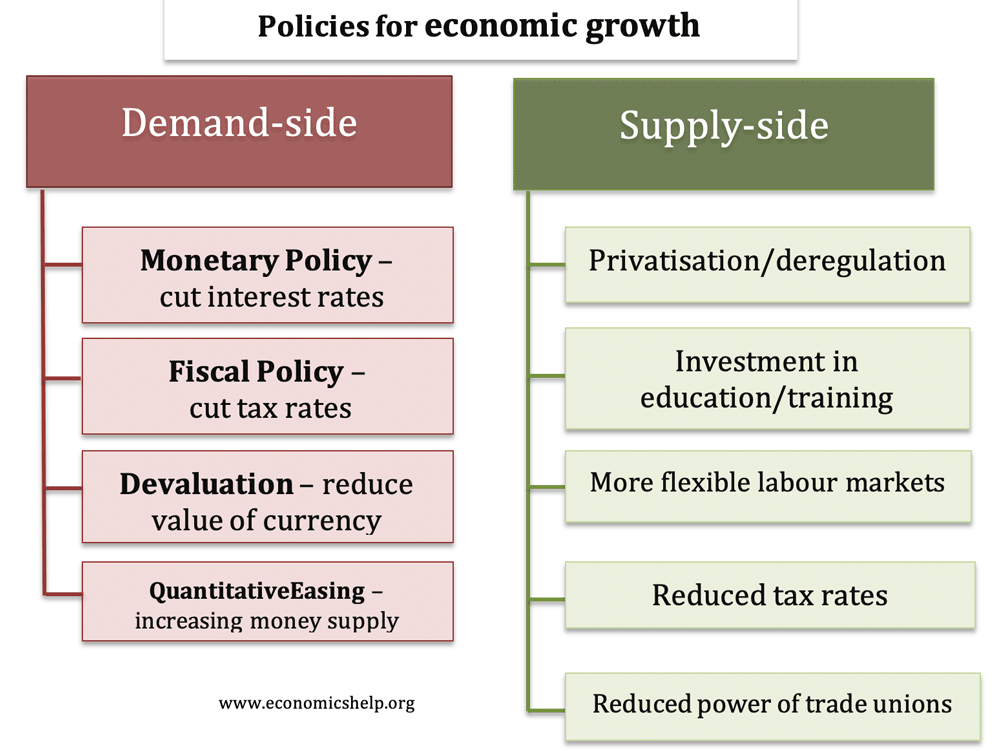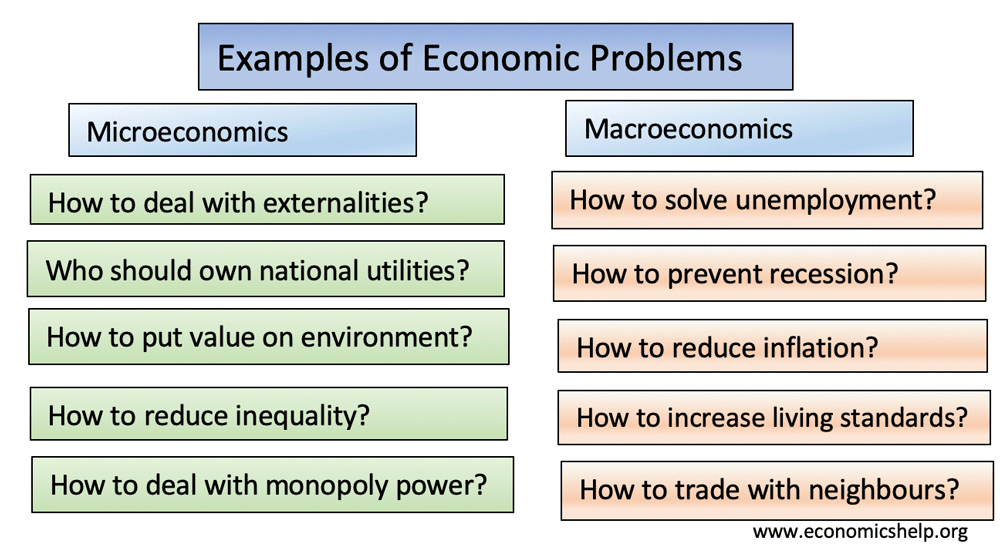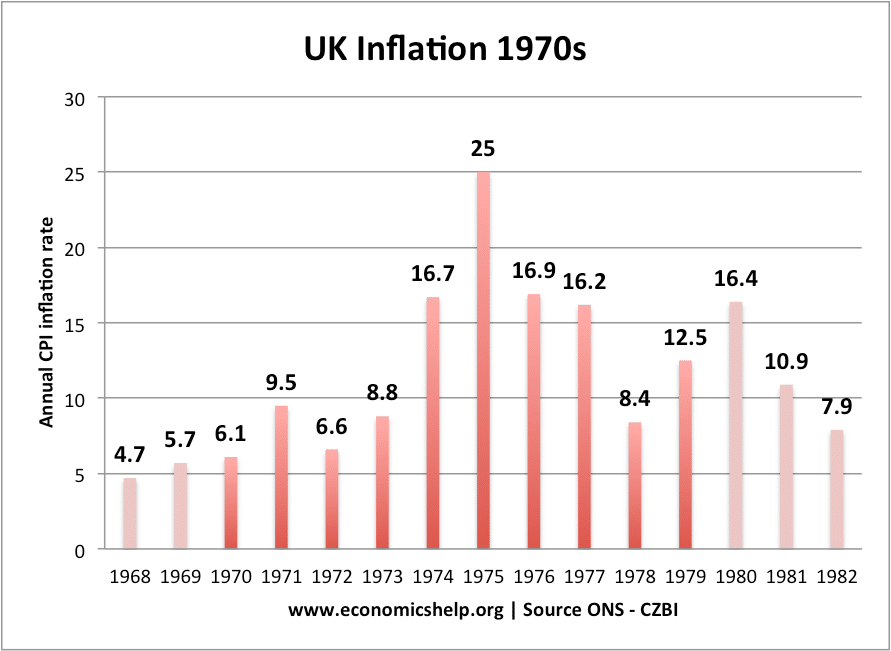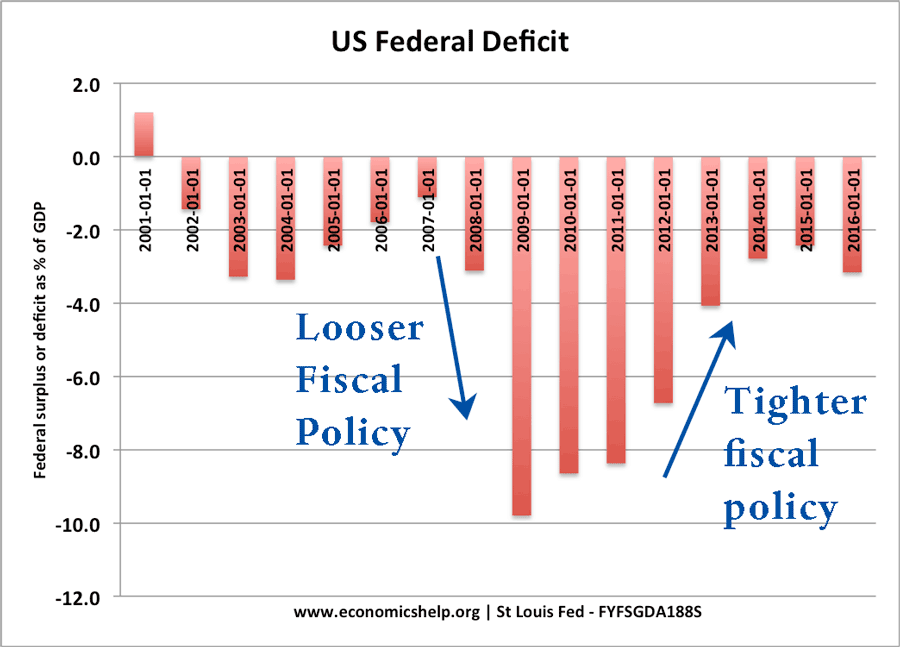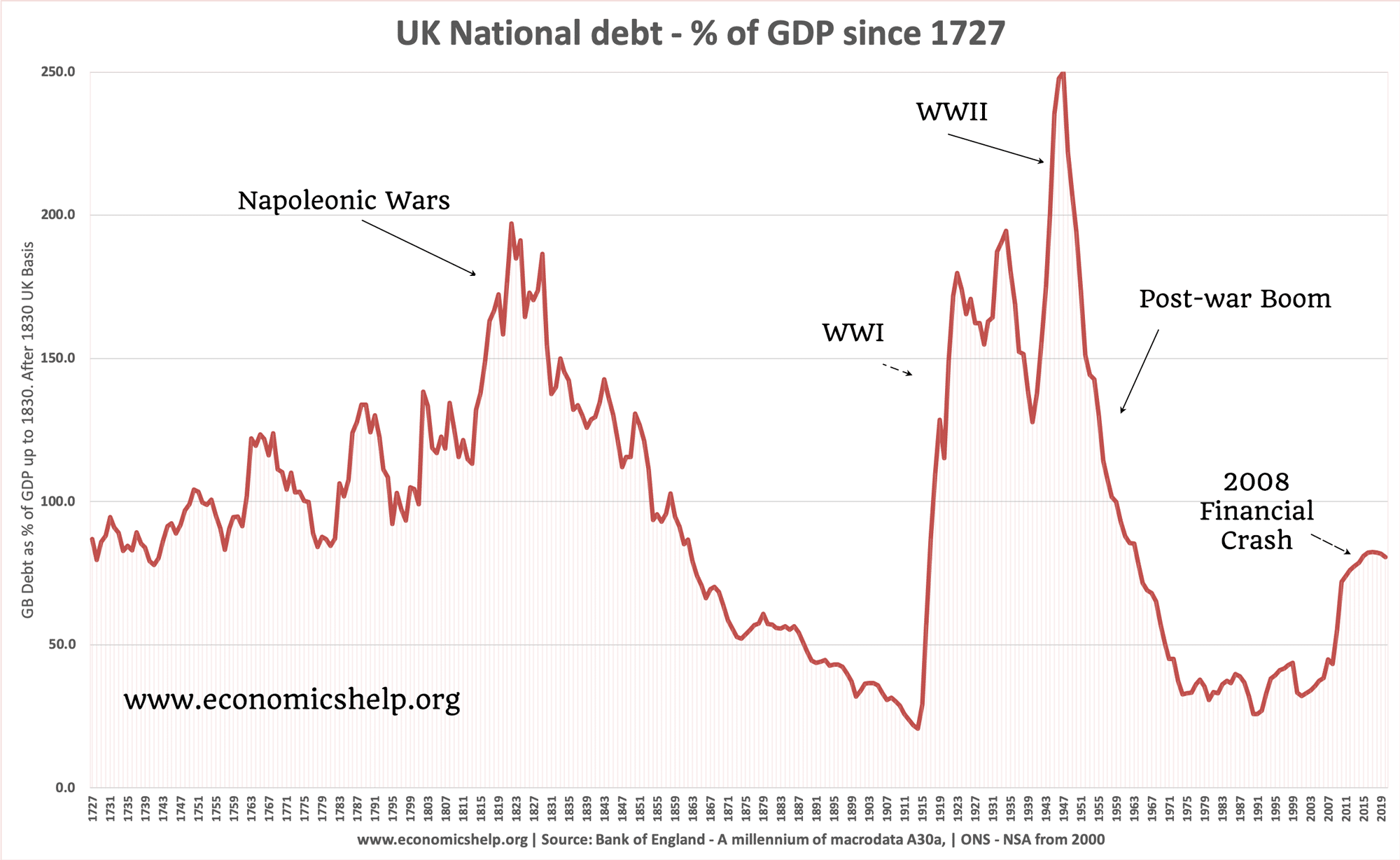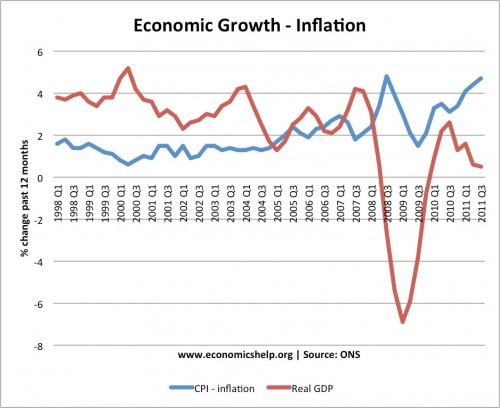Policies for Economic Growth
Government policies to increase economic growth are focused on trying to increase aggregate demand (demand side policies) or increase aggregate supply/productivity (supply side policies) Demand side policies include: Fiscal policy (cutting taxes/increasing government spending) Monetary policy (cutting interest rates) Supply side policies include: Privatisation, deregulation, tax cuts, free trade agreements (free market supply side policies) …

